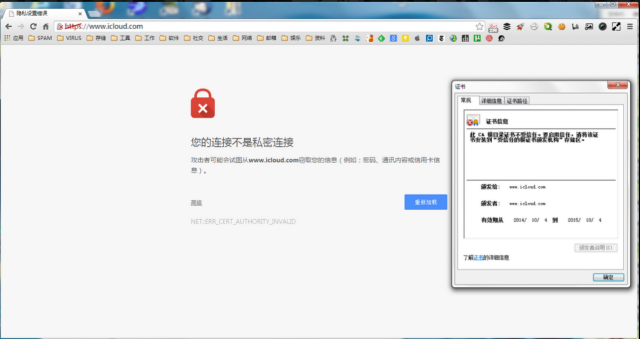For some time now, Microsoft has offered free Windows virtual machine images to make it easier for Web developers to test their work in a bunch of different Internet Explorer versions. A new beta scheme launched today takes that one step further: with RemoteIE, devs don’t even need to download and run the virtual machine. Microsoft will run the VMs instead, using its Azure RemoteApp service to provide remote access.
Access to the remote Internet Explorer is provided through the RemoteApp client. This is a close relative of the regular Windows Remote Desktop app, and like the Remote Desktop app, it’s available on a number of platforms; not just Windows and OS X, but also iOS, and Android.
With RemoteIE, developers have full access to Internet Explorer and all its features, albeit only with software-mode WebGL. F12 developer tools are available, though there’s no ability to install add-ons or extensions to the remote browser. Sessions are limited to 60 minutes presently and will disconnect after 10 minutes of inactivity.
Read 1 remaining paragraphs | Comments

